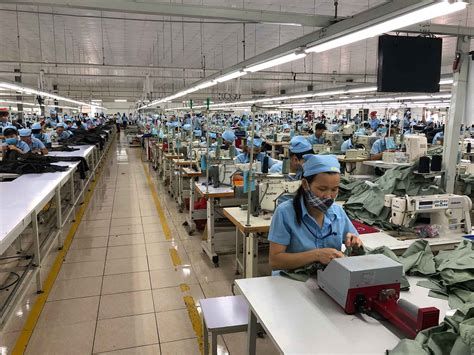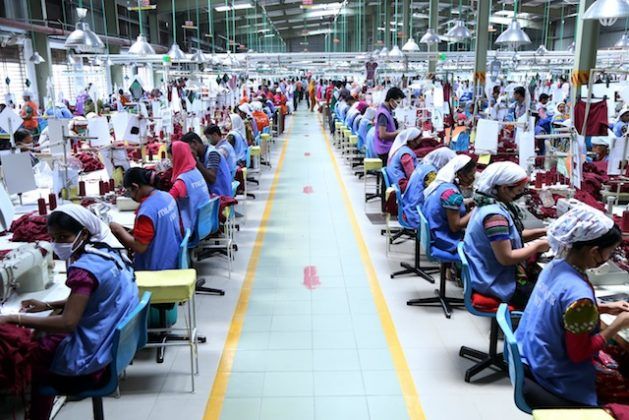Navigating Geopolitical Shifts: How China Agent Ltd Empowers Your Business to Thrive Amid Changing Trade Dynamics
Introduction
As global trade becomes more complex, recent tensions between China and Canada are presenting new challenges for businesses reliant on international manufacturing. Canada’s recent imposition of a 100% tariff on Chinese-made electric vehicles (EVs) exemplifies the escalating trade disputes that could disrupt supply chains and economic relationships across various sectors. For businesses dependent on Chinese manufacturing, these developments underscore the importance of strategic planning and diversification.
Background: Understanding the China-Canada Trade Tensions
Canada’s decision to place heavy tariffs on Chinese-manufactured EVs is part of a broader strategy to reduce dependency on Chinese manufacturing while addressing national security and economic concerns. Beijing views this as a direct challenge to its economic interests, especially in high-tech and green energy manufacturing, and as part of a larger Western effort to counter its influence.
These tensions reflect an ongoing trend, where geopolitical factors are increasingly shaping trade policies and creating uncertainty for supply chains. Companies that rely heavily on Chinese manufacturing must stay informed of these dynamics to adapt and ensure continuity in their operations.
Broader Impact on Manufacturing Supply Chains
The effects of geopolitical tensions are far-reaching, with implications beyond the automotive sector. As trade restrictions increase and countries reassess their economic strategies, manufacturing supply chains that rely on China risk facing elevated costs, delays, and logistical challenges due to shifting tariffs, regulations, and trade routes.
In the automotive sector, and particularly the EV market, these trade conflicts could restrict the supply of essential components, raw materials, and finished products, potentially impacting everything from manufacturing timelines to market access. The uncertainties in trade policies also threaten other industries, such as electronics, consumer goods, and machinery, where China serves as a major manufacturing hub.
To remain resilient, companies must proactively adapt their supply chains to minimize risks associated with geopolitical shifts.
Why This Matters for Your Business
For companies that depend on Chinese manufacturing, these changes highlight the need for a proactive, strategic approach to supply chain management. To avoid disruptions, businesses must be ready to quickly adjust to new trade policies and evolving geopolitical conditions.
1. Diversification of Supply Chains: Increasing tariffs and restrictions underscore the need to diversify manufacturing sources. Relying on a single country or supplier heightens exposure to geopolitical risks. By exploring suppliers in other regions, such as Vietnam, Thailand, and India, companies can reduce their reliance on any single manufacturing base.
2. Cost Management and Efficiency: As tariffs and trade barriers increase, companies need to emphasize cost management and operational efficiency. This could involve optimizing supply chain routes, negotiating favorable terms with suppliers, and leveraging economies of scale in other markets.
3. Staying Informed and Compliant: Navigating global trade requires a firm understanding of evolving regulatory landscapes. Companies must ensure compliance with all applicable regulations to avoid penalties and keep operations smooth and uninterrupted.
How China Agent Ltd Can Support Your Manufacturing Needs in a Volatile Trade Environment
At China Agent Ltd, we understand the complexities of manufacturing in a fluctuating global trade landscape. Our deep expertise in supply chain management and strong presence across Asia allows us to offer targeted solutions to help your business adapt and remain competitive.
1. Strategic Manufacturing and Supply Chain Diversification: We assist businesses in developing alternative manufacturing bases outside of China, ensuring a balanced, resilient approach to sourcing and production. Our extensive knowledge of the Asian market connects you with reliable suppliers in countries less impacted by current trade tensions.
2. On-the-Ground Support and Local Expertise: With teams positioned in multiple Asian hubs, we provide real-time insights and local support to help you navigate new markets efficiently. Our familiarity with local regulations, business practices, and cultural nuances minimizes operational challenges and supports a smooth transition.
3. Risk Management and Compliance Services: We offer comprehensive risk assessment and compliance support to help you manage the regulatory complexities of international manufacturing. By staying ahead of geopolitical developments, we ensure that your operations remain compliant and uninterrupted.
4. Cost Optimization and Strategic Planning: Our team works with you to streamline manufacturing costs and build strategic plans that improve efficiency and reduce risks. From cost-benefit analyses to sourcing strategy, we provide complete solutions that align with your business objectives.
Conclusion
The evolving trade tensions between China and Canada are just one facet of a shifting global trade environment. For businesses that rely on international manufacturing, these developments create an urgent need to diversify and fortify supply chains to stay resilient and competitive. China Agent Ltd is here to support you in navigating these changes, offering the expertise and resources needed to create a robust manufacturing strategy that safeguards your interests and positions you for long-term success.
Contact us today to learn how we can help your business adapt to the dynamic trade landscape and achieve a more resilient manufacturing strategy.

